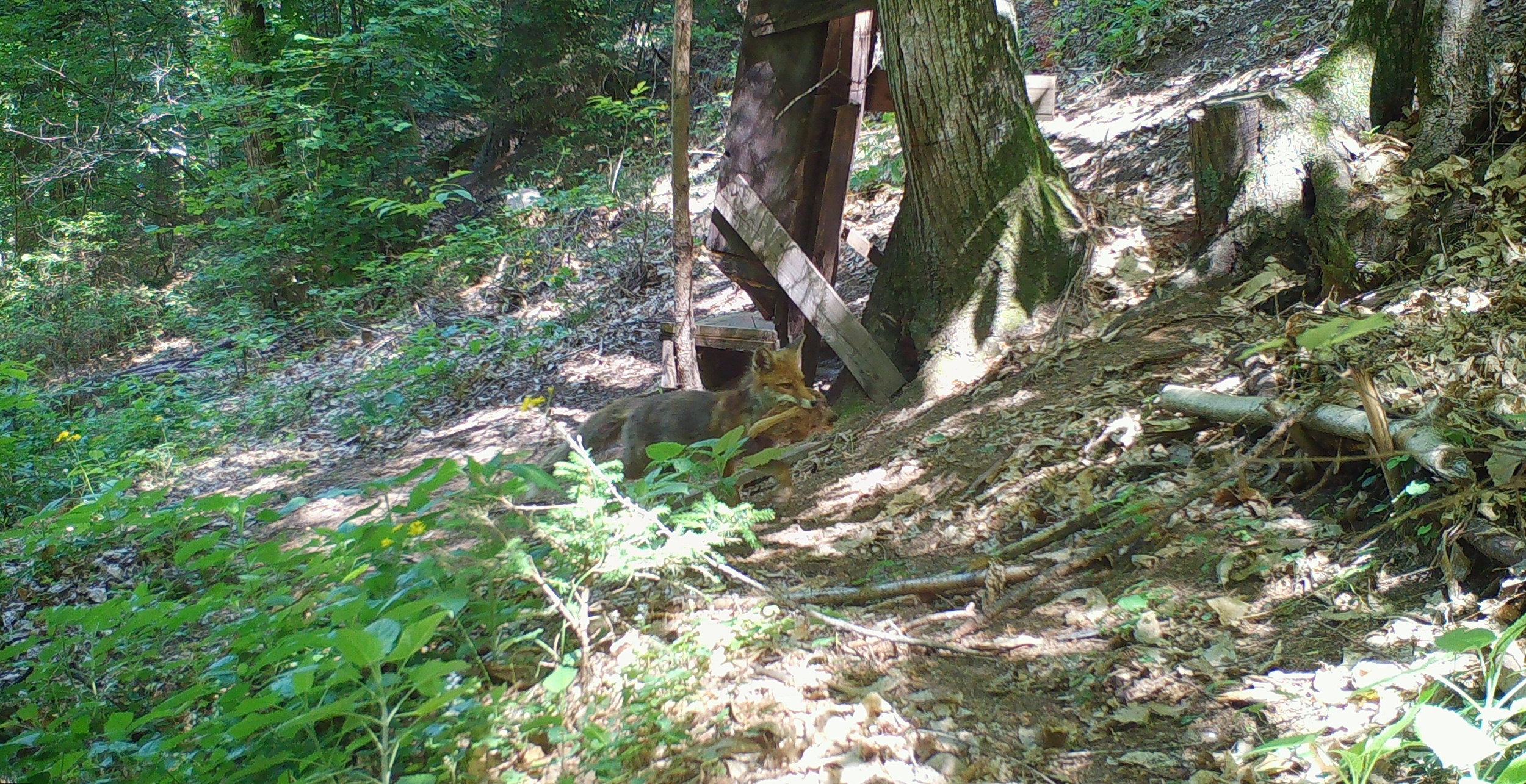A recent experimental study from FEM- Animal Ecology Unit- and Harvard University showed that animals are able to modulate their search for food using a combination of long term memory- a sort of mental map- and short term memory- that 'updates' the knowledge on the actual availability of resources.
In this month's issue of Nature Ecology Evolution, the Animal Ecology Unit PI, Dr Francesca Cagnacci, comments published in the same journal that builds on their results: the combination of long and short term memory allows animals to better respond to predation risk, thus increasing their fitness. In another experimental study, Cagnacci and colleagues showed that animals establish stable 'familiar' areas (home ranges) combining resource preference and spatial memory, a result also emerging in the new study, that made a link between larger, 'better known' familiar areas, and probability of survive.
Cagnacci concludes underlining that these researches help understand and quantify the resilience of animals to environmental variations and risk, which is becoming urgent in the phase of climate change and biodiversity loss. Cagnacci and other FEM colleagues will address this and complementary topics with the project BIOALPEC in the context of the National Biodiversity Future Centre, funded by the Piano Nazionale Ripresa Resilienza (National Recovery and Resilience Plan).

